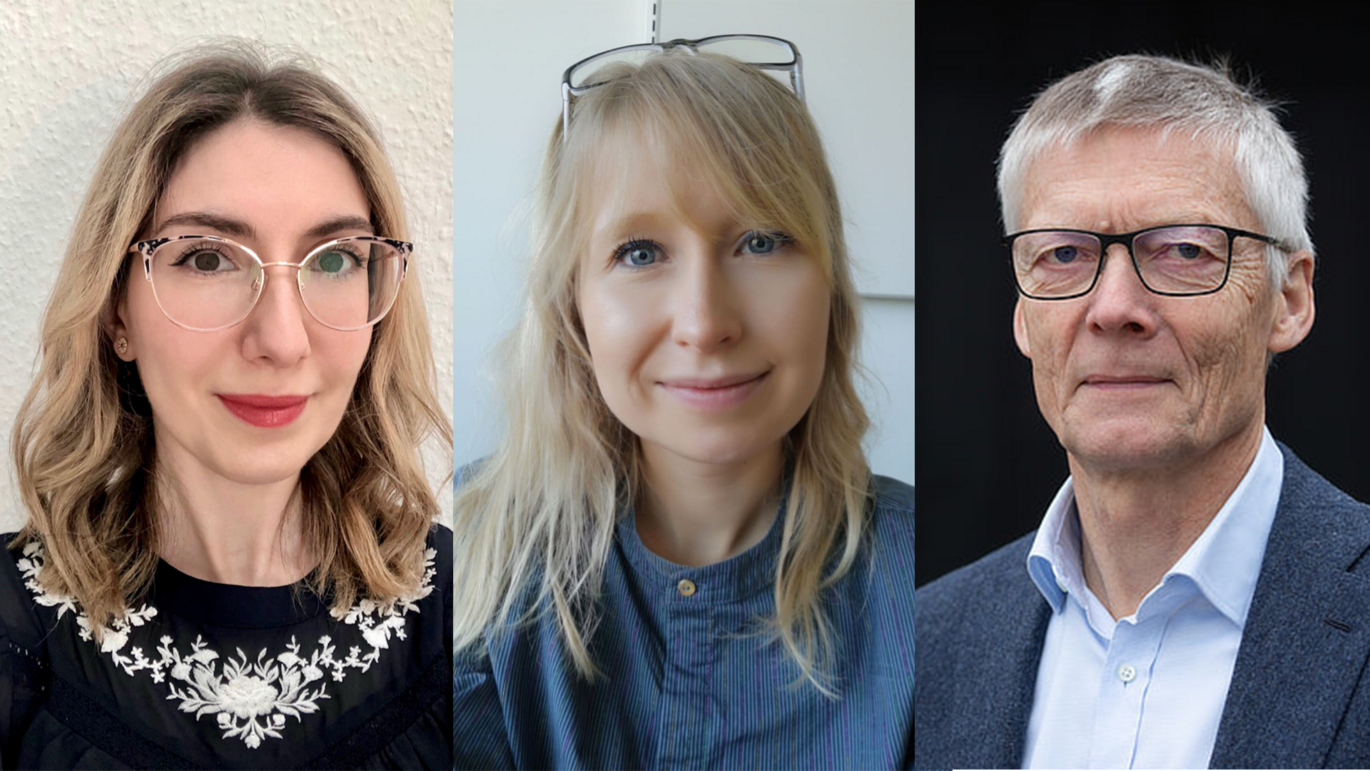Three researchers at Health to improve the framework for psychiatry
A pool of DKK 100 million is supporting 33 new research projects aimed at improving a wide range of areas within psychiatry. The funding comes from Independent Research Fund Denmark, and three researchers at Health have received a share in the grants.

Three researchers from Health at Aarhus University are among the recipients of a new round of grants from Independent Research Fund Denmark (IRDF) for research into the prevention and treatment of psychiatric issues such as eating disorders, psychiatric medication during breast-feeding, depression and the use of coercive measures in psychiatric treatment.
Professor and Consultant Ole Mors from the Department of Clinical Medicine and the research unit of the Department of Psychosis at Aarhus University Hospital is heading a project on self-harming behaviour. Up to half of all hospitalised patients in psychiatry and across diagnoses have self-harming behaviour, but it often goes undiscovered. Ole Mors and his colleagues have therefore developed a new interview technique to examine the onset, frequency, methods and severity of self-harm. The purpose of the new research project is to examine the validity of the interview technique to prevent chronic, resource-demanding conditions, prevent suicide attempts and reduce excess mortality.
Assistant Professor Anna Starnawska from the Department of Biomedicine is running a new project to study how environmental exposure affects the development of mental illness in children. She will apply new bioinformatic methods to internationally unique epigenetic data from children at high risk of developing mental disorders.
Senior Researcher and external Member of Academic Staff Zeynep Yilmaz from the Department of Biomedicine and the National Centre for Register-based Research will study the relationship between eating disorders and metabolism. Longitudinal studies suggest that metabolic factors have an early influence on the development of eating disorders, and, among other things, the project will analyse thousands of metabolic markers and compare profiles in eating disorder patients with control subjects. The project can have important implications for defining separate eating disorder subgroups that are characterised by biology at birth.
A total of 167 applications have been submitted, and research funding has been awarded to 33 projects at universities and hospitals across Denmark. The original research ideas have received between DKK 2.2 million and DKK 4.3 million each, and the research projects will typically run over 3-5 years.